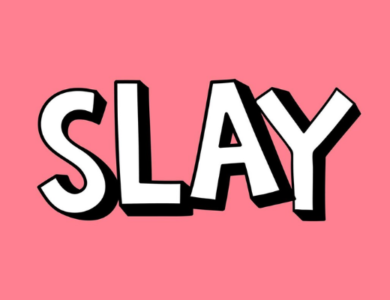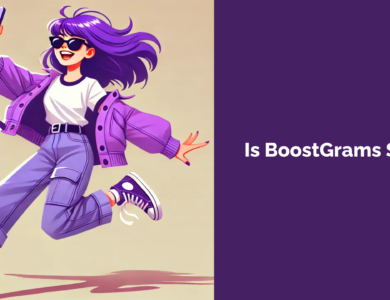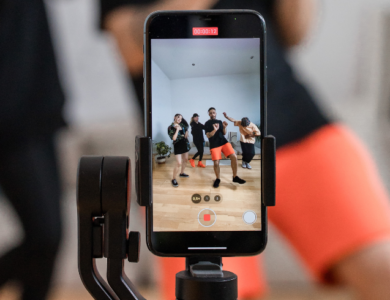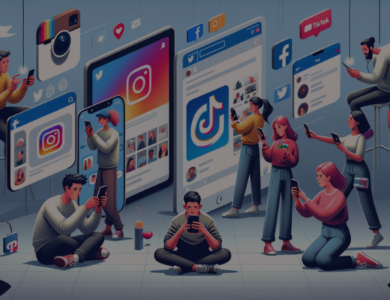What Is the R-word on TikTok? Understanding Its Meaning and Impact
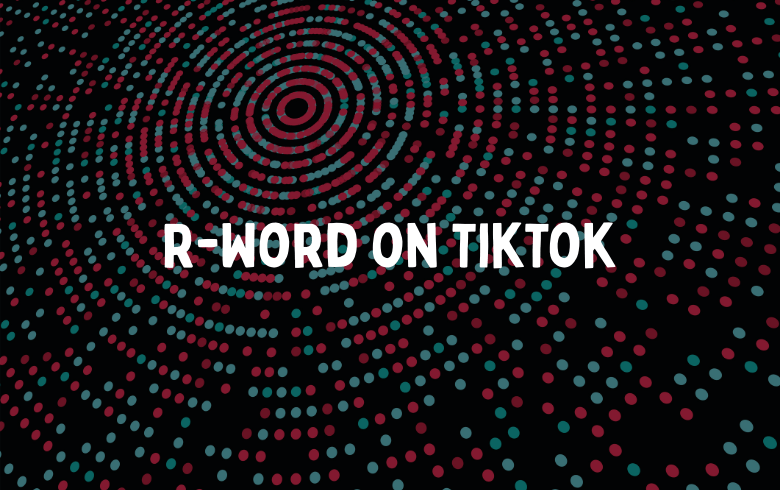
TikTok isn’t just a place for dance challenges and lip-sync videos anymore—it has become a powerful platform where people talk openly about identity, social justice, mental health, and yes, even problematic language. One such topic gaining attention is the use of the “R-word.” If you’ve been wondering what is the R-word on TikTok, you’re not alone. This blog will break it down—what it is, why it’s controversial, and how TikTok users are responding.
Contents
What Exactly Is the R-word?
The R-word refers to “retarded,” a term historically used to describe individuals with intellectual or developmental disabilities. Once a clinical term, it has evolved into an insult used casually or maliciously, often without full awareness of its harmful impact.
On TikTok, creators often use the phrase “R-word” instead of saying it outright, to avoid promoting or repeating slurs and to respect community guidelines. Many users also avoid saying the word because they understand its deeply offensive history and the pain it causes.
“The R-word is not just a word—it carries years of stigma, exclusion, and mockery.”
How Did the R-word Become a TikTok Topic?
The rise of awareness content on TikTok brought attention to everyday language that might seem harmless but actually perpetuates harm. Advocates, people with disabilities, and allies have posted countless videos urging others to think twice before using the R-word.
Some trends and challenges on TikTok inadvertently brought the word back into the spotlight—whether through jokes, commentary, or reaction videos. This triggered important conversations in the comments sections and sparked duets and stitches from people who wanted to educate others.
Virality vs. Responsibility
TikTok’s algorithm rewards engagement, not ethics. Sometimes a controversial soundbite or joke gets more attention simply because it provokes a strong reaction. But that doesn’t mean the community lets it slide. More than ever, users are calling each other out—and in—when offensive language is used.
Creators like @autistictyler and @wheeliegoodlife have been vocal about how the R-word affects them personally and why it should be left in the past. Their content combines storytelling, facts, and real emotion—making education more personal and powerful.
@kardashian4lifeb She’s such a mood 😭 ・#fyp #stephaniecooper #10MillionAdoptions #senioryear #stxrfs
Why the R-word Is Offensive—and Always Has Been
Although it was once part of medical vocabulary, the R-word has long been weaponized as a way to demean and ridicule people with disabilities. It reduces a person’s entire identity to a slur and reinforces harmful stereotypes about intelligence and worth.
Here are a few reasons the R-word is problematic:
| Reason | Explanation |
|---|---|
| Historical Abuse | Used to segregate, institutionalize, and mock people with intellectual disabilities. |
| Casual Cruelty | Commonly used in jokes or as an insult to imply stupidity or incompetence. |
| Ongoing Harm | Causes emotional pain to individuals and families, even when not “intended” to hurt. |
The Push for Inclusive Language
Language evolves, and so should we. Campaigns like Spread the Word to End the Word, led by Special Olympics and Best Buddies, have encouraged people to pledge against using the R-word. TikTok users often reference this campaign and even link to it in their video captions or bios.
Inclusive language isn’t about censorship—it’s about empathy. Choosing better words doesn’t cost us anything, but it can mean everything to someone else.
What TikTok Teaches Us About Accountability
What makes TikTok unique is that it gives everyone a voice, including those who are often marginalized. When the R-word appears in a video, it’s not unusual for hundreds of users to comment with educational resources, personal experiences, or simple reminders: “Hey, that word hurts people.”
This grassroots, community-based form of accountability is powerful. It’s not about cancel culture—it’s about creating a culture of awareness. Many creators even post follow-up apology videos after realizing the harm they caused, which is an important step in the learning process.
How to Respond When You Hear the R-word
If you hear someone use the R-word—whether on TikTok or in real life—you have a few choices:
Educate kindly: “Hey, did you know that word’s considered a slur?”
Suggest alternatives: “Instead of saying that, maybe use ‘ridiculous’ or ‘nonsense’?”
Share resources: TikTok has plenty of videos from creators who explain why the word is harmful.
Lead by example: Make it part of your own vocabulary to never use slurs, even jokingly.
Remember, calling someone out doesn’t have to be aggressive. Often, a calm explanation works wonders.
TikTok reflects the world back to us—its good, bad, and in-between moments. The conversation around the R-word is just one example of how digital communities are holding space for more thoughtful communication.
So the next time you wonder, “What is the R-word on TikTok?”, know that it’s not just about a word. It’s about respect, growth, and the kind of community we want to build—online and offline.
Let’s keep talking, keep learning, and keep showing up for each other.




